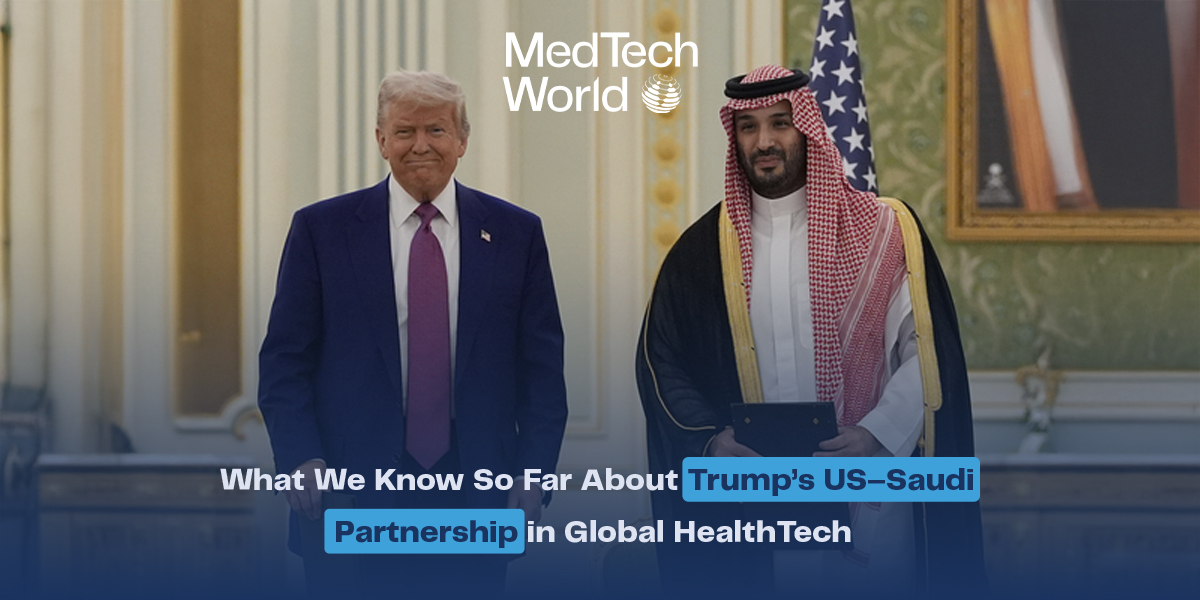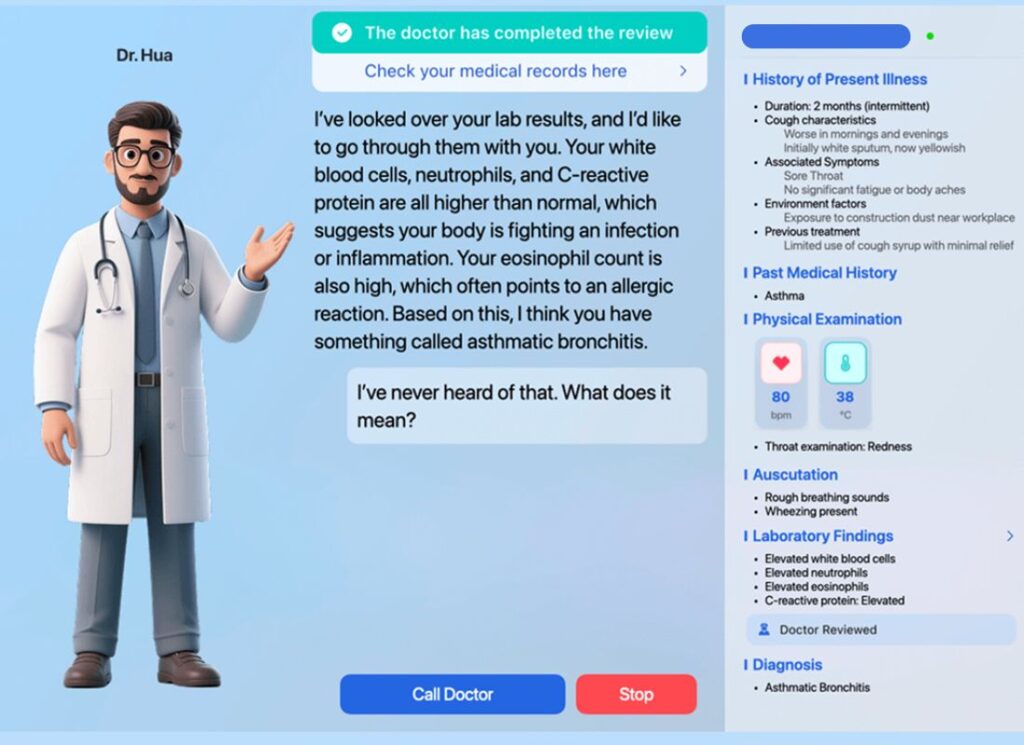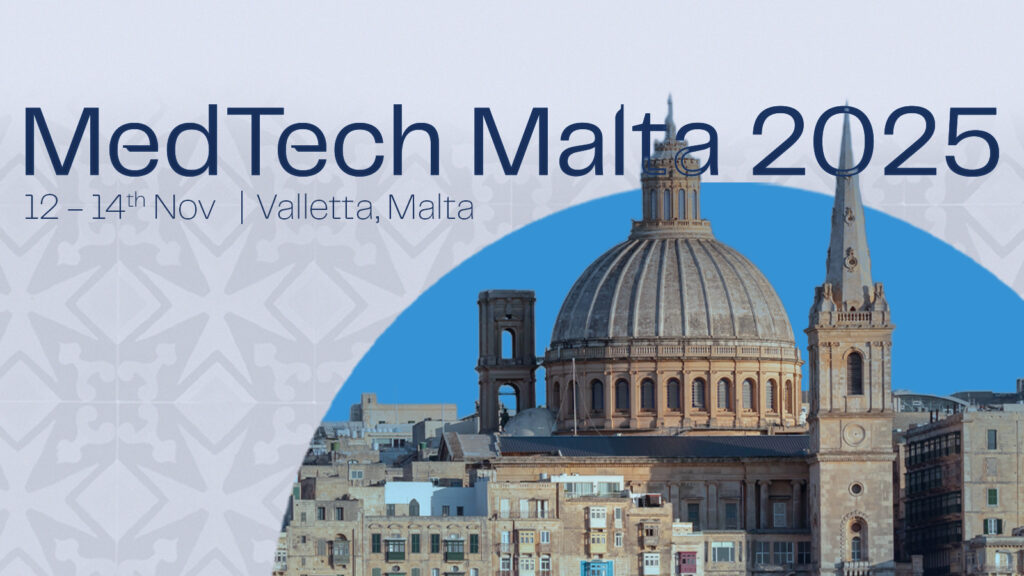
Wara Samar
28th May 2025
What We Know So Far About Trump’s US–Saudi Partnership in Global HealthTech
Earlier in May, U.S. President Donald Trump unveiled a $600 billion investment commitment from Saudi Arabia, marking a significant economic and technological partnership between the two nations. While the broad agreement covers sectors such as defense, energy, and infrastructure, a substantial portion of its focus is directed toward artificial intelligence and its integration into healthcare innovation. The deal signals a strategic intent by both nations to redefine their global influence through technology—and healthcare stands prominently at the center of this effort.
Building AI Foundations for Health Innovation
At the heart of this collaboration is Humain, a newly launched Saudi AI company funded by the Public Investment Fund. The initiative positions Saudi Arabia as a major player in the global AI race, with strong backing from some of the most influential names in U.S. tech. Nvidia is supplying over 18,000 advanced AI chips to support Humain’s data centers, while AMD has committed $10 billion toward joint infrastructure projects focused on AI. Amazon Web Services has also announced a $5 billion investment to create an AI innovation zone in Saudi Arabia, a space envisioned to serve as a launchpad for healthcare and tech applications.
These projects aim not only to expand Saudi Arabia’s technological capacity but also to integrate AI directly into sectors that can yield immediate human impact—most notably healthcare.
AI in the Clinic: A New Era of Care
A landmark development under this partnership is the launch of the world’s first AI-powered doctor clinic in Al Ahsa, Saudi Arabia. Developed in collaboration with Shanghai-based Synyi AI and Almoosa Health Group, the clinic introduces “Dr. Hua,” a virtual physician powered by artificial intelligence. Designed to diagnose and recommend treatments for a range of health conditions, the clinic currently focuses on respiratory illnesses, with plans to expand coverage to more than 50 conditions by 2026.
Despite its autonomy in diagnosis and recommendation, Dr. Hua’s treatment plans are reviewed and approved by licensed physicians, ensuring adherence to clinical safety standards. This blend of AI efficiency and human oversight is at the core of the initiative’s vision: to modernize care delivery without compromising trust or safety.

Strategic Goals on Both Sides
Saudi Arabia’s strategy is clear: use artificial intelligence to improve diagnostics, enable personalized medicine, and build a predictive model of population health. By investing in these capabilities, the Kingdom is working to position itself as a hub for health tech development in the Middle East and beyond.
For the U.S., the partnership serves multiple goals. It supports American technology companies in scaling their global presence while simultaneously affirming the nation’s leadership in AI development. Trump’s administration has framed this collaboration as a model of economic diplomacy—one that advances mutual prosperity through shared innovation.
Global Ripple Effects
The implications of this partnership extend far beyond bilateral relations. As the U.S. and Saudi Arabia establish deep-rooted AI infrastructure and healthcare applications, new avenues are opening for startups, research institutions, and investors. This cross-border momentum has the potential to foster a more connected, data-driven, and responsive global healthcare ecosystem.
By integrating AI into national health strategies, both nations are laying the groundwork for healthcare models that are not only more efficient but also tailored to the unique needs of individual populations. As this vision takes shape, it could offer a scalable template for countries seeking to modernize their health systems through technology.
This moment marks more than a significant diplomatic agreement: it signals the beginning of a broader technological realignment, with healthcare innovation as one of its most tangible and transformative outcomes.
Looking Ahead: From Global Agreements to Local Innovation at MedTech Malta 2025
International collaboration continues to play a key role in advancing healthcare technology—an ethos that also underpins MedTech Malta 2025, taking place from November 12–14 at the Mediterranean Conference Centre in Valletta, Malta.
Bringing together global regulators, founders, investors, and hospital executives, the event is built to foster meaningful exchange between the decision-makers and disruptors in the MedTech landscape. From exclusive networking opportunities and startup showcases to high-level discussions on funding, regulation, and clinical adoption, MedTech Malta 2025 offers an environment where ideas become action.
Set against Malta’s rich history and Mediterranean charm, the experience begins with informal gatherings and curated side events, followed by two full days of dialogue, discovery, and deal-making. Attendees will gain insight into global trends, engage with influential voices in the industry, and build connections that extend beyond borders.
Whether you’re an innovator inspired by cross-continental deals or a healthcare leader looking to collaborate on the next breakthrough, MedTech Malta 2025 is where innovation meets opportunity.
Find out more at med-tech.world. For any assistance, reach out to [email protected].





